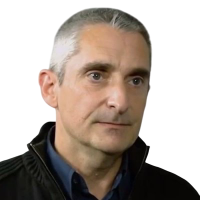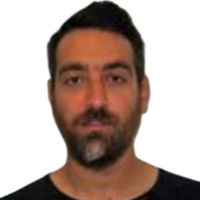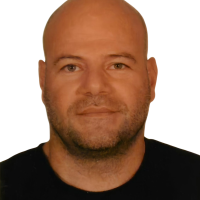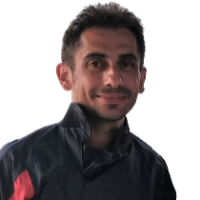The Unmanned Systems Research Laboratory (USRL) is part of the Climate and Atmosphere Research Center (CARE-C) of The Cyprus Institute and offers on-site facilities and related infrastructure for research, development, and testing of technologies related to UAVs (Unmanned Aerial Vehicles). The USRL was established in 2009 through the Infrastructure Project: Autonomous Flying Platforms for Atmospheric and Earth Surface Observations (APAESO). The project was supported through the Research Promotion Foundation (RPF) of Cyprus (ΝΕΑ ΥΠΟΔΟΜΗ/ΝΕΚΥΠ/0308/09) with main objective of creating the required infrastructure for carrying out atmospheric and Earth-surface observations. After the successful implementation of the APAESO infrastructure the USRL managed to attract new funding opportunities in numerous Research and Development Projects
Unmanned Systems Research Laboratory (USRL)
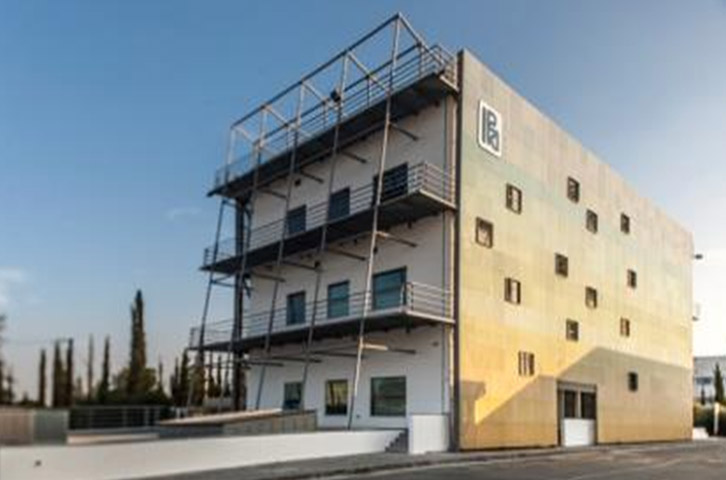
Our Mission
The mission of the USRL is to provide high-quality observations of atmospheric pollutants and other parameters relevant to air quality and climate change. Taking advantage of several other CyI infrastructures, such as the instrumentation and analytical laboratories for testing and qualifying miniaturized sensors, as well as a private runway and dedicated airspace at our Cyprus Atmospheric Observatory (CAO) at Agia Marina Xyliatou, USRL performs regular (weekly) UAV flights to document and contrast long range transported pollution from three continents (Europe, Africa and West Asia) and dust aerosols from the largest desert regions in the world (Sahara, Middle East).
Our Vision
We envisage to become a sustainable facility under the Cyprus Institute (CyI) in order to provide high quality, tailored products and services to governmental and private agencies as well as to relevant research projects. In addition, with in-house technology adaptations USRL aims to improve, develop and enhance current Unmanned Aerial Systems (UAS) capacities.
The USRL Team
The USRL highly experienced team consists of two professional UAS pilots with additional experience as professional airline pilots, two experienced electronic/electrical engineers responsible for system development and integration on-board the UAS, one software developer specialized in UAS applications, one mechanical engineer and one aircraft developer expert in composite materials. Through the European Union (EU) funded projects Bacchus (FP7) and Actris2 (H2020) the USRL team has gained valuable experience (more than 400 flight hours) in actual UAS operations along with system development, integration and payload data handling.
Flights have been performed in remote and urban environments up to an altitude of 3.5 Km above ground level (AGL) with their mission mainly focused on providing high-quality observations of atmospheric pollutants and other parameters relevant to air-quality and climate change.
JEAN SCIARE
Andreas Leonidou
NICOLAS GEORGIADES
EVAGORAS NEARCHOU
FOTIS MANELIDES
CONST. HADJIGEORGIOU
ACHILLEAS GABRIELIDES
DANIEL GEORGIOU
Andreani Papageorgiou
Elisabeth Schoebel
Affiliates
CHRISTOS KELESHIS
Christos Constantinides
Software Developer


